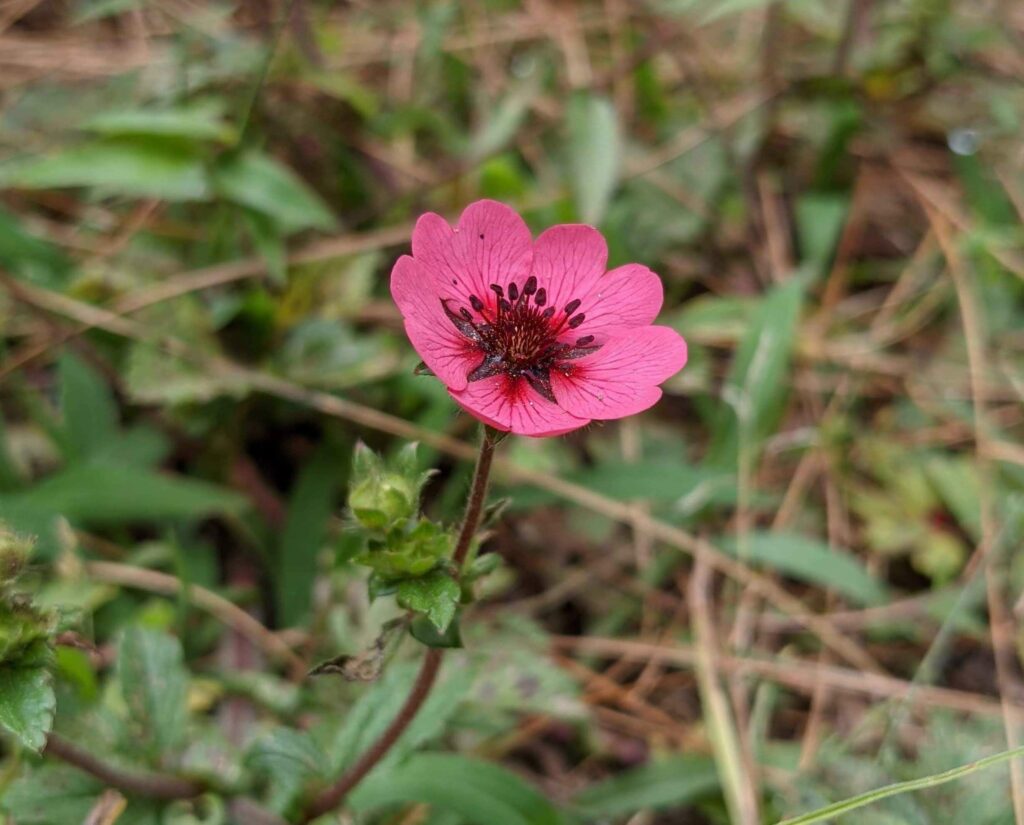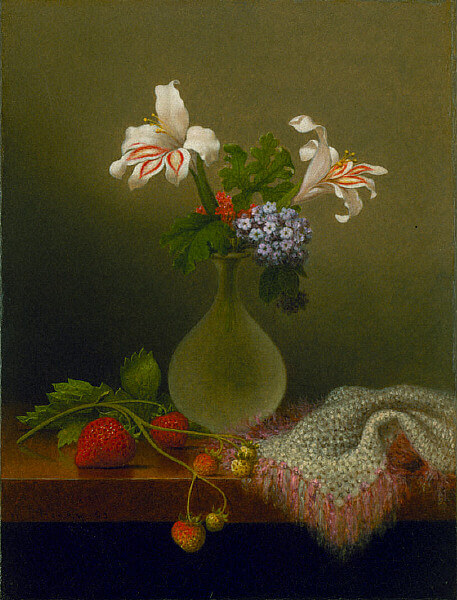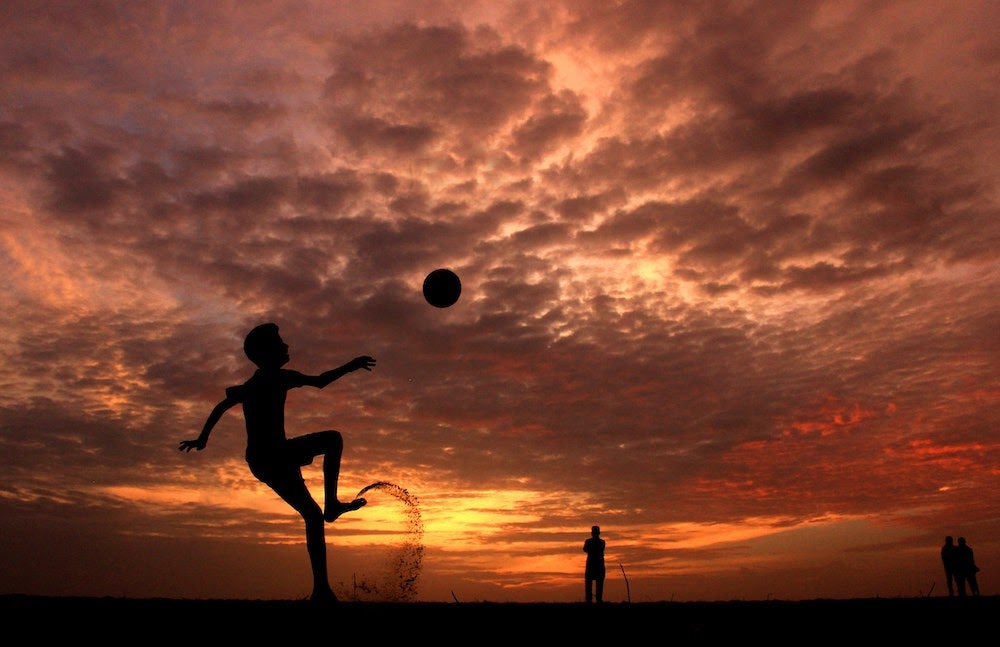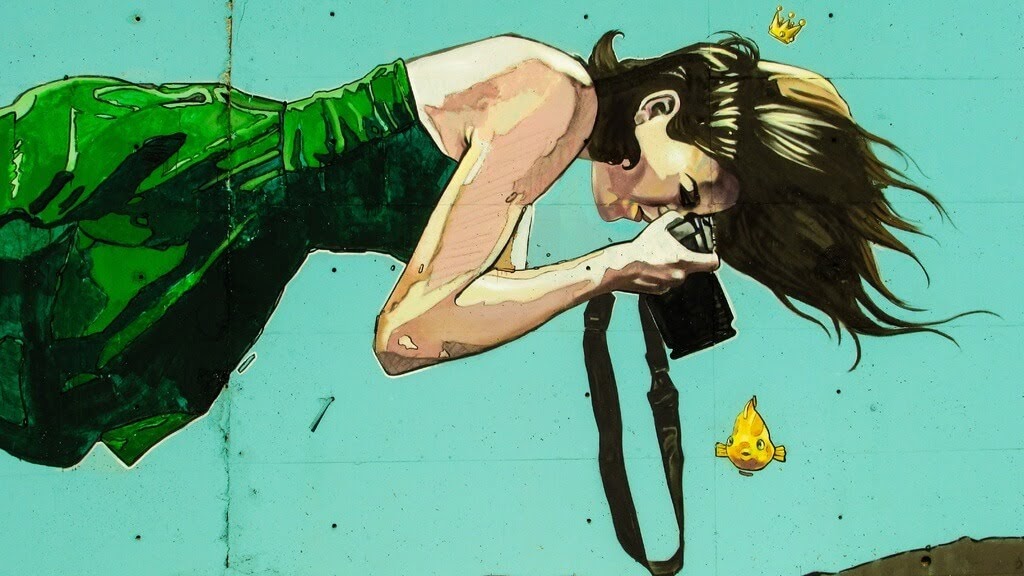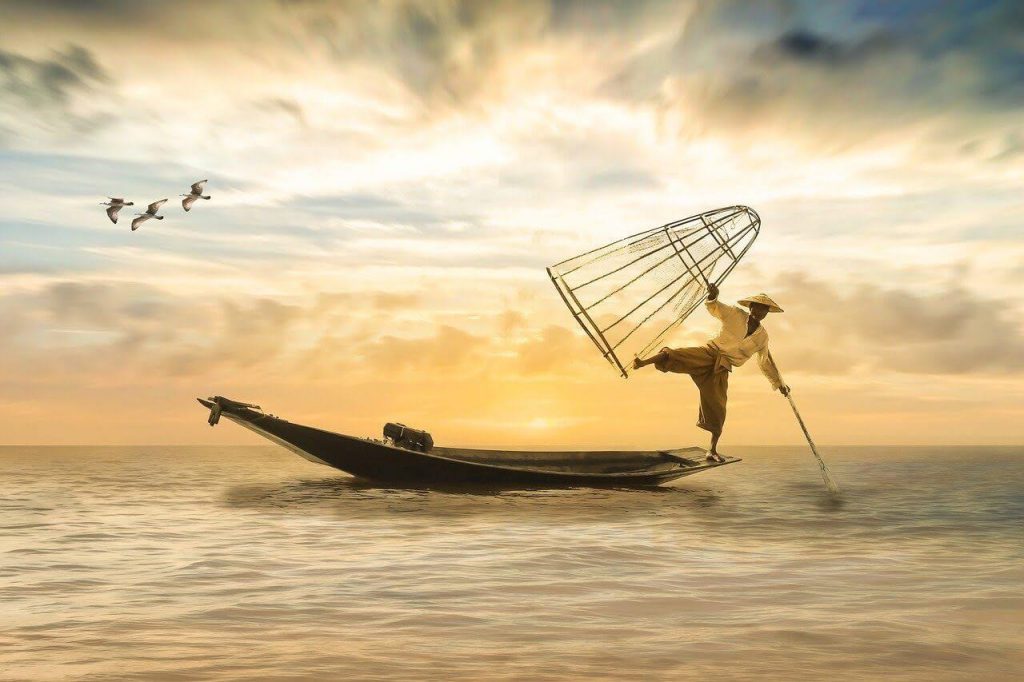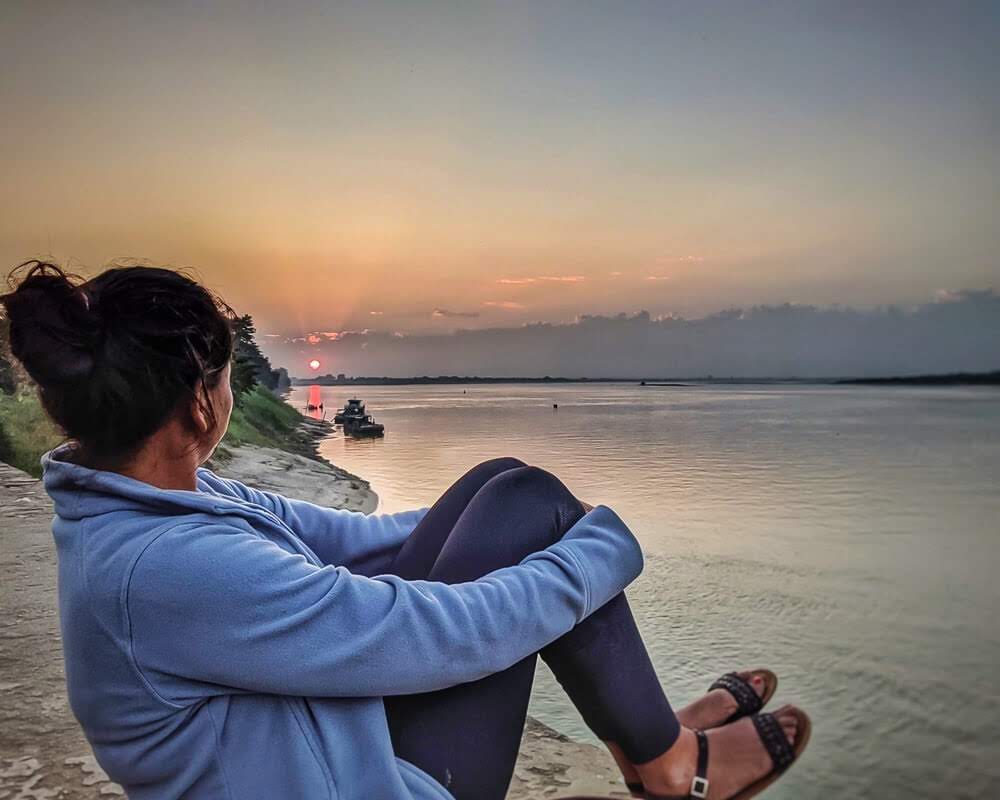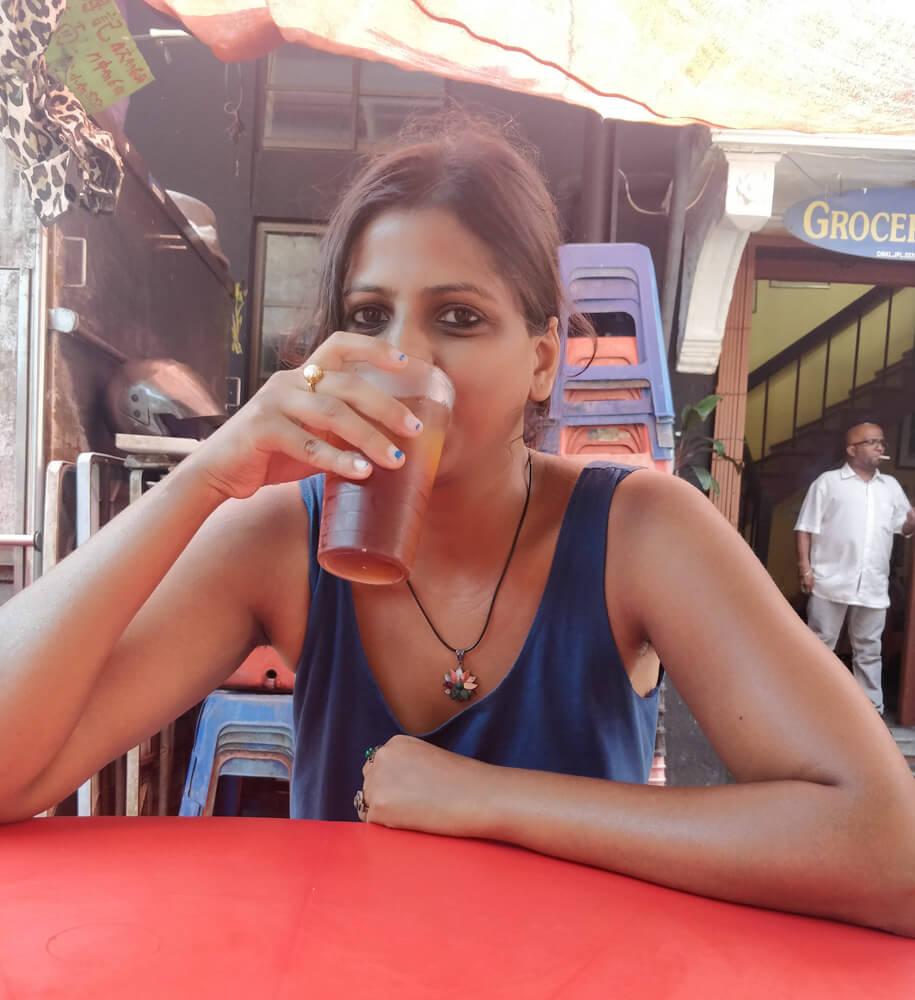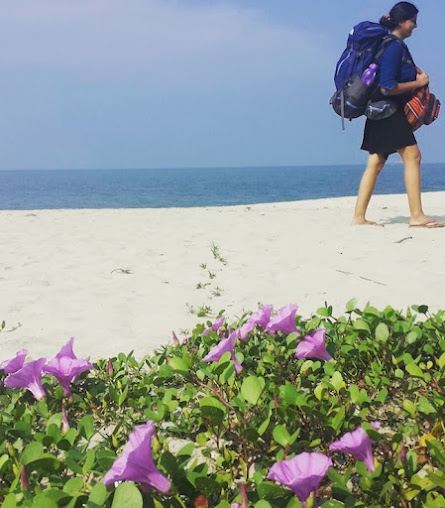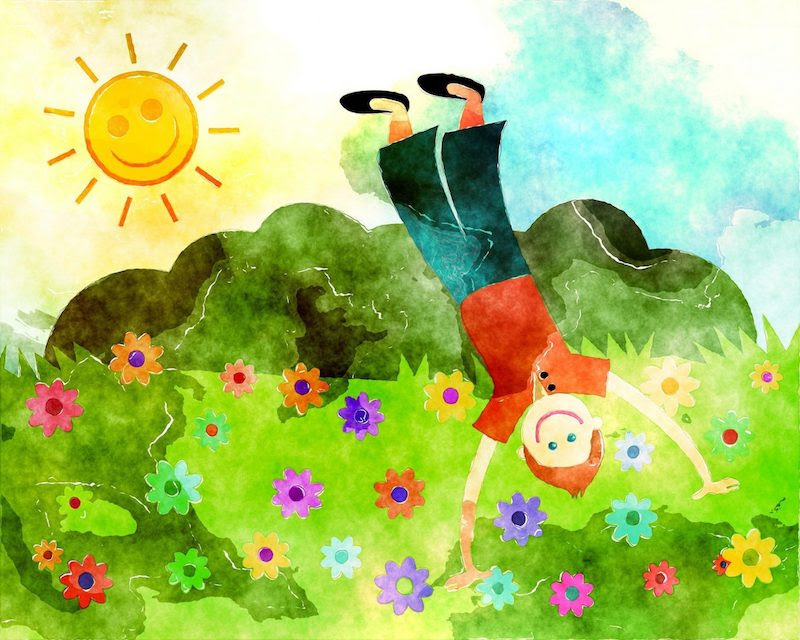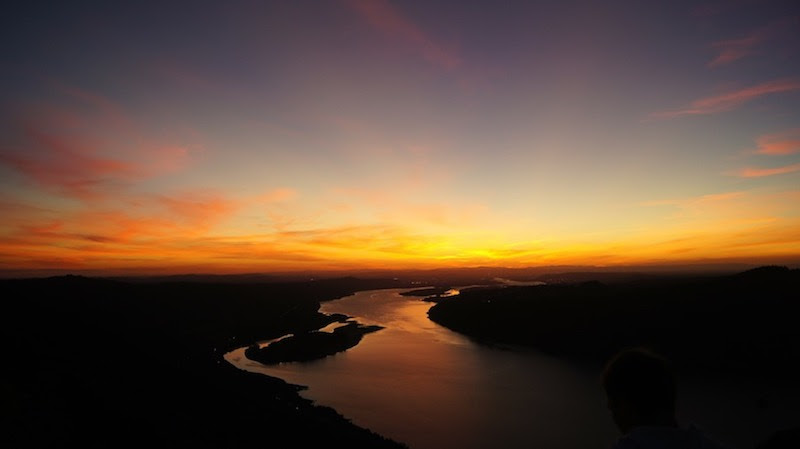Why We Believe Work Is Boring, Why Is It Wrong To Think So and How to Fix It
A lot of us get bored with work. But we think that it is okay to get bored at our jobs and we continue working. In this article I unfurl why we expect work to be boring, why it shouldn’t be, and how does this belief harms us.
Why Do We Think That Being Bored With Work Is Normal
We always say that work is supposed to be boring — because adults separate the idea of fun and work early on for us.
Since childhood, we are trained to think that work sucks. We are told that we should play all we want for we would have to work one day. We see elders going to their jobs, but they don’t seem to have fun — they say that work is something they have to do even if they get bored at work and don’t enjoy it.
No one ever mentions having a good time as part of a profession/job, and we start believing that work is a dull thing grown-ups do to earn money(the more the better) irrespective of how they feel about their profession.
Now no one can ever enjoy 100% of her work 365 days a year(I’m happy if you do) but the problem arises when we are mostly bored of work and do what we do to only get money.
We witness enough close people following the idea that work is boring.
My father opened his shop every day of the week except Tuesdays. He never complained about his business, but he never cared if he enjoyed his work or not. He was only concerned about making enough to raise his family. Our teachers, relatives, elder siblings all seemed to pursue a career to earn at their maximum potential.
Fun was never discussed in the context of work and even frowned upon. In his book Le Petite Prince, the French philosopher Antoine de Saint-Exupéry raises similar thought-provoking questions about adults keeping their matters of consequence disjoint from (and above) fun.
You want to work or all you want to do is have fun? Someone would say when we created a game out of a mathematics problem.
From our younger years to adulthood, we grow up concreting the idea that something we enjoy can’t become our career.
But this isn’t true. Let me tell you why.
READ MORE

